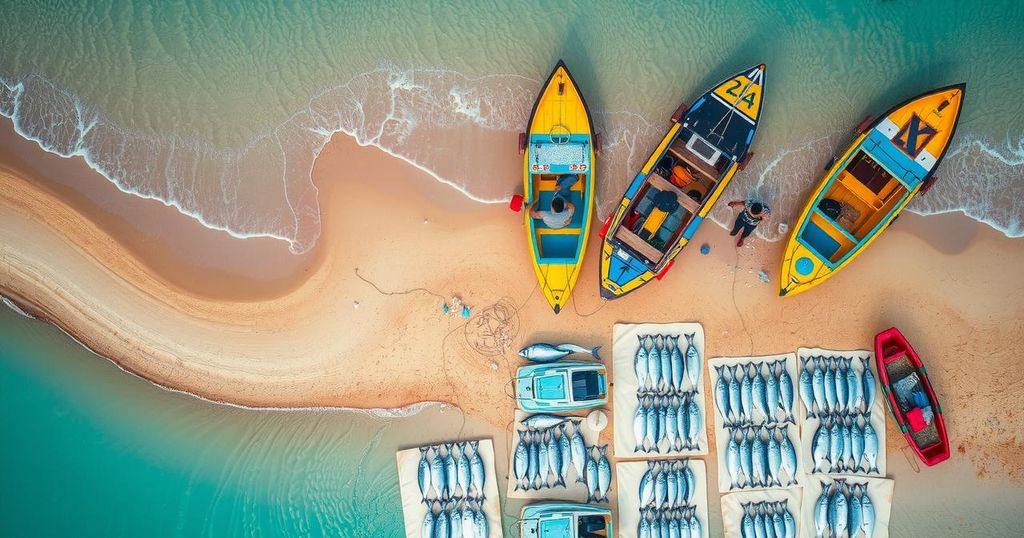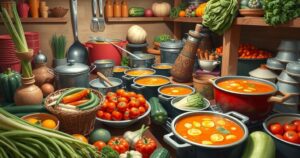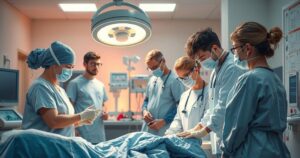FAO’s FISH4ACP Program Boosts Small Fisheries in São Tomé and Príncipe

The FAO is implementing the FISH4ACP program in São Tomé and Príncipe to enhance economic returns for small-scale fisheries while prioritizing social benefits and sustainability. Local fishers, like Paola Afè Do Espiritu Afonso, are receiving training in business practices and pooling resources for savings and investment. The initiative aims to support women and youth in the sector and improve processing standards while confronting challenges like market isolation.
The Food and Agriculture Organization (FAO) is working closely with the small-scale fisheries of São Tomé and Príncipe, aiming to improve economic returns while ensuring sustainability. This program, named FISH4ACP, has been engaging local fishers and fishmongers in valuable training and economic practices. The initiative seeks to strike that balance between environmental responsibility and community prosperity—the focus being especially on the potential of women and youth in this sector.
In the coastal village of Abade on Príncipe Island, fishmonger Paola Afè Do Espiritu Afonso builds her livelihood around the island’s fisheries. She says she supports the fishers by providing essentials such as ice and petrol. Upon their return, she processes the catch, preserving it for sale. “This fish business is the best solution I found to sustain my family and children,” Paola explains. This highlights how local businesses are crucial in providing stable income for families.
Fish is indeed central to the diet of São Tomé and Príncipe’s residents, a nation located in the Gulf of Guinea, over 200 kilometers from Gabon. It is a vital source of protein and revenue for many low-income families, second only to cocoa in terms of economic importance. The FAO program aims to empower these small businesses, including those operated by women like Paola, through training designed for sustainable growth.
Paola, as mentioned earlier, is not alone in her entrepreneurial efforts. Together with other women fishmongers, they pool their resources to save and invest in their businesses. This collective approach appears to be working. “This is the third time I’ve made a deposit in the bank. If the bank asks for a specific amount, I will be able to gather from the community and do it,” she states. This shows a clear shift towards organized and formal banking practices among the fishers.
Olavio Anibal, the National Professional Officer for FISH4ACP in São Tomé and Príncipe, mentions the project’s goal to craft better business plans. This aspect is essential as they intend to present these plans to banks for potential financing, thus enabling further development of their operations.
Meanwhile, Francisco Piedade, CEO of Banco Internacional de São Tomé e Príncipe, spoke on their role in this initiative. He emphasized it was not just about social responsibility but a strategic investment in the island’s economic future. “When the small fisheries start buying new boats, they will remember who helped them at their beginning,” he mentions.
São Tomé and Príncipe faces challenges due to its relative isolation, which complicates access to export markets. However, the potential for growth in fisheries processing and quality control remains strong, especially for small pelagic species. The FAO-led FISH4ACP project aims not just to create economic opportunities but also better livelihoods for the island’s young population.
All in all, this program reflects the ongoing commitment to fostering both social responsibility and economic growth within these small-scale fishing communities. Benefits from initiatives like these could yield better returns for the local economy and enhance the involvement of underrepresented groups like women and youth in the sector.
The FAO’s FISH4ACP program in São Tomé and Príncipe is working hard to enable local fisheries to thrive by focusing on training, business practices, and community empowerment. With individuals like Paola at the helm, there is hope for economic advancement within these communities, particularly for women and young people. Financial support from local banks further aids the growth of these small fisheries, potentially paving the way for the economic development of the entire region.
Original Source: media.un.org







